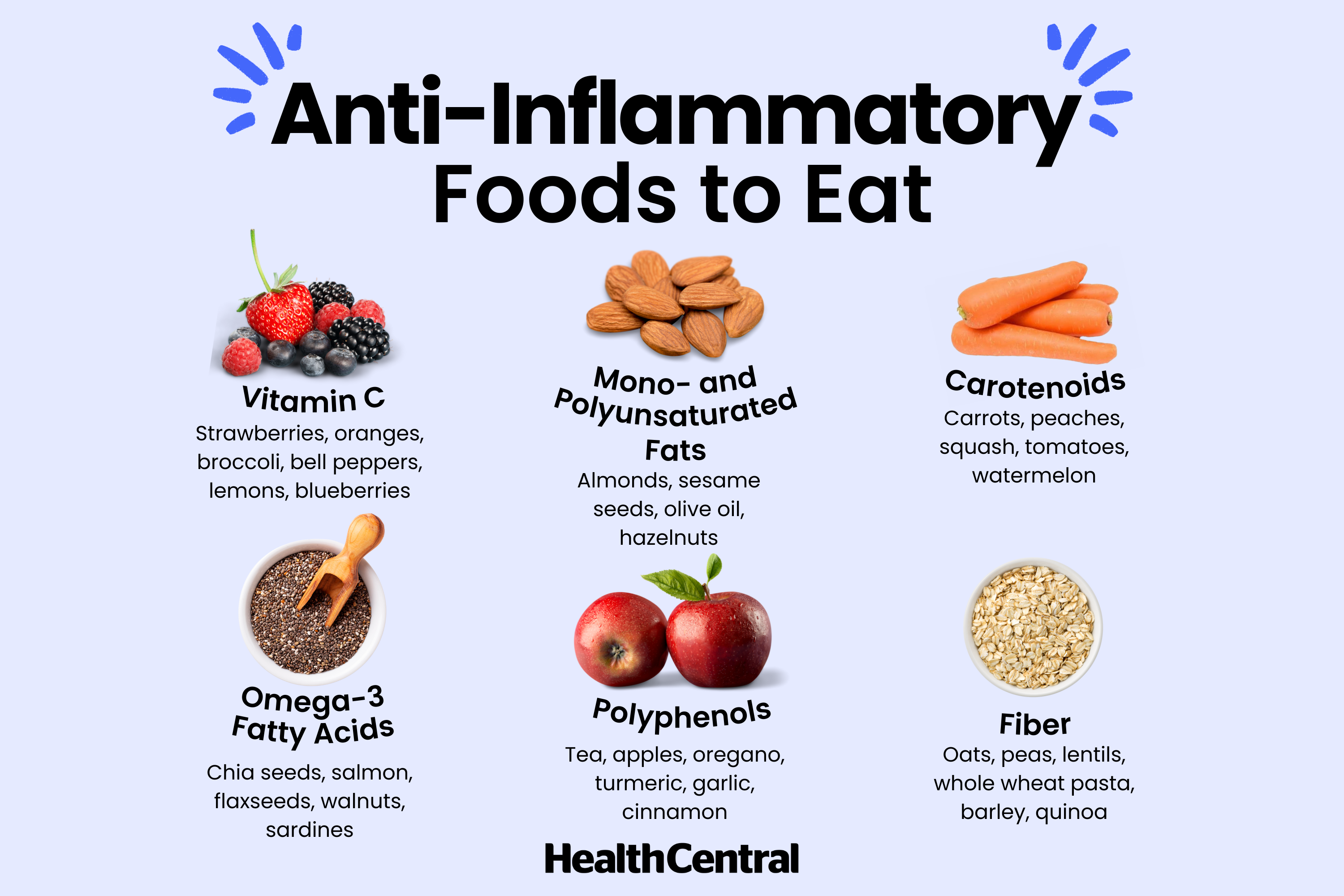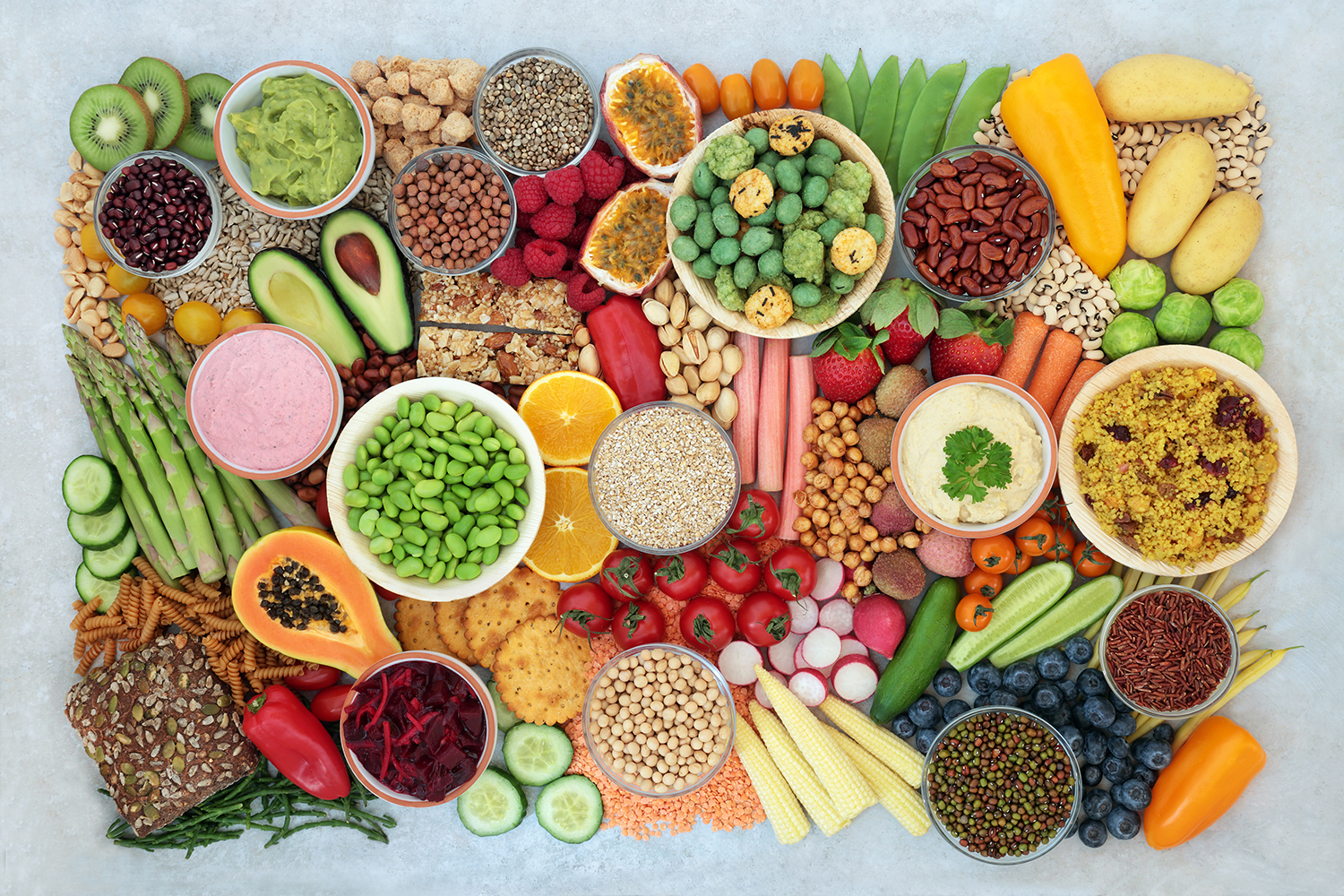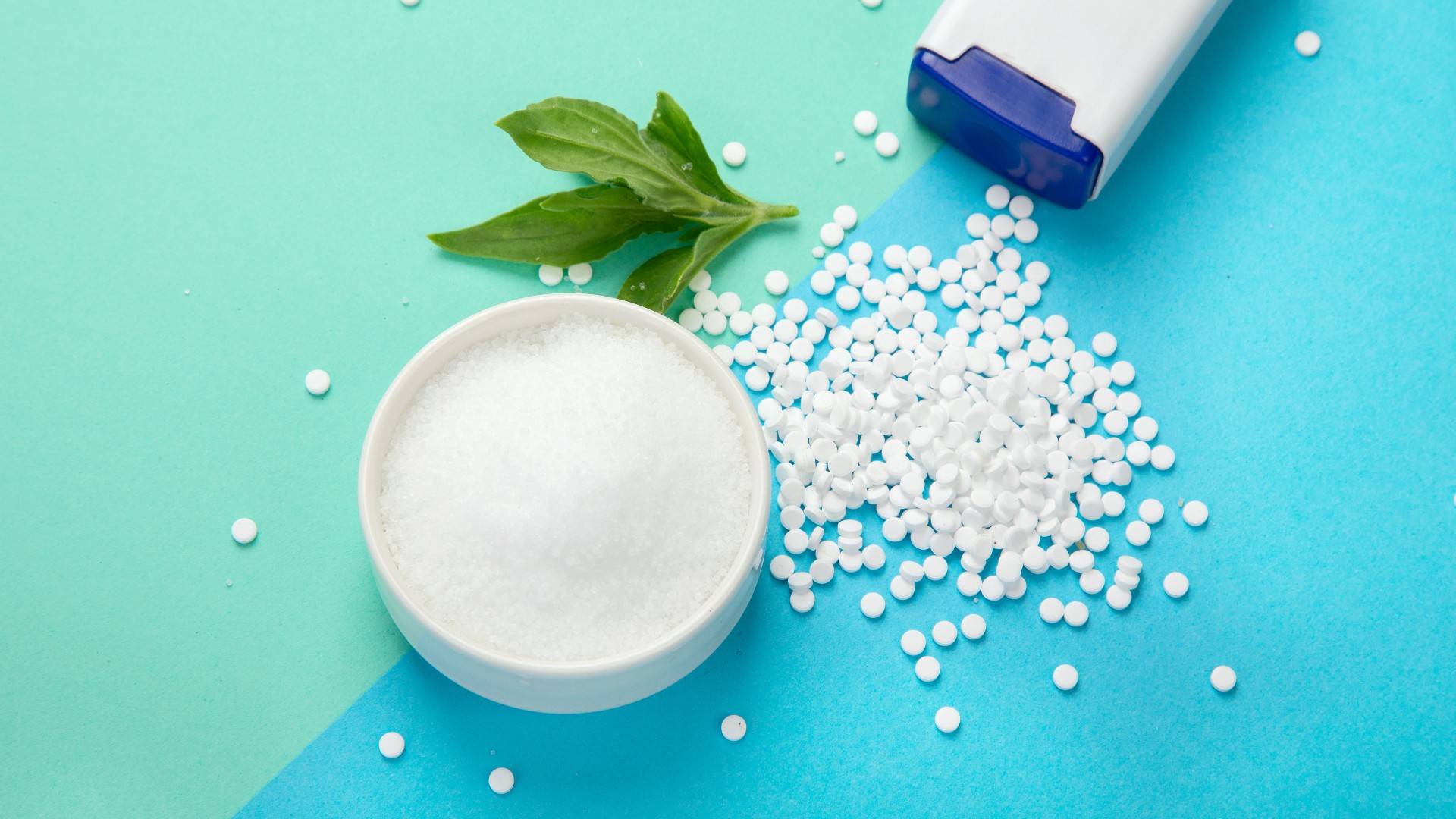Certainly! Here's an informative article titled:
Inflammation is the body’s natural response to injury or illness, helping to protect and heal. But when it becomes chronic—triggered by poor diet, stress, or lifestyle—it can lead to serious health issues such as heart disease, arthritis, diabetes, and even cancer.
The good news? What you eat can significantly impact inflammation levels in your body. By choosing the right anti-inflammatory foods, you can help protect your health and reduce the risk of disease.
🫐 Top Anti-Inflammatory Foods to Include in Your Diet
1. Berries
Blueberries, strawberries, raspberries, and blackberries are rich in antioxidants, especially anthocyanins, which have powerful anti-inflammatory effects.
✅ Tip: Add berries to smoothies, oatmeal, or yogurt for a nutrient boost.
2. Fatty Fish
Salmon, mackerel, sardines, and tuna are loaded with omega-3 fatty acids (EPA and DHA), known to lower inflammatory markers in the body.
✅ Tip: Aim for 2 servings of oily fish per week for optimal benefits.
3. Leafy Greens
Spinach, kale, and Swiss chard contain vitamins, minerals, and antioxidants like vitamin K and polyphenols, which combat inflammation.
✅ Tip: Add greens to salads, soups, or smoothies.
4. Olive Oil
Extra virgin olive oil is a staple in the Mediterranean diet and contains oleocanthal, a compound with similar effects to anti-inflammatory drugs.
✅ Tip: Use it as your go-to cooking oil or salad dressing base.
5. Nuts and Seeds
Almonds, walnuts, chia seeds, and flaxseeds are rich in healthy fats, fiber, and magnesium, all of which play a role in reducing inflammation.
✅ Tip: Sprinkle nuts or seeds over cereal or snack on a small handful daily.
6. Turmeric
This vibrant yellow spice contains curcumin, a powerful anti-inflammatory compound.
✅ Tip: Combine turmeric with black pepper to enhance curcumin absorption.
7. Tomatoes
Packed with lycopene, tomatoes help lower pro-inflammatory compounds in the body.
✅ Tip: Cooking tomatoes increases lycopene availability—think tomato sauce or roasted tomatoes.
8. Green Tea
Green tea is rich in epigallocatechin-3-gallate (EGCG), a potent antioxidant that reduces inflammation and protects cells from damage.
✅ Tip: Replace sugary drinks with 1–2 cups of green tea daily.
9. Garlic and Ginger
Both contain anti-inflammatory and immune-boosting compounds that may help with joint pain and chronic conditions.
✅ Tip: Use fresh garlic and ginger in stir-fries, marinades, and soups.
10. Whole Grains
Oats, brown rice, and quinoa provide fiber and nutrients that support gut health and reduce inflammatory responses.
✅ Tip: Swap refined carbs like white bread and pasta for whole grain alternatives.
🚫 Foods That Can Worsen Inflammation
Avoid or limit the following:
-
Processed meats (bacon, sausages)
-
Refined carbohydrates (white bread, pastries)
-
Sugary drinks and snacks
-
Excessive alcohol
-
Trans fats (found in fried foods and some baked goods)
🥗 Conclusion
An anti-inflammatory diet isn't about strict rules—it's about eating more whole, nutrient-dense foods and cutting back on processed, inflammatory ingredients. Small changes like incorporating berries, leafy greens, and fatty fish into your meals can make a big difference over time.
By focusing on inflammation-fighting foods, you not only reduce your risk of chronic disease but also support your overall energy, immunity, and well-being.





Comments (0)
Leave a Comment
No comments yet. Be the first to share your thoughts!